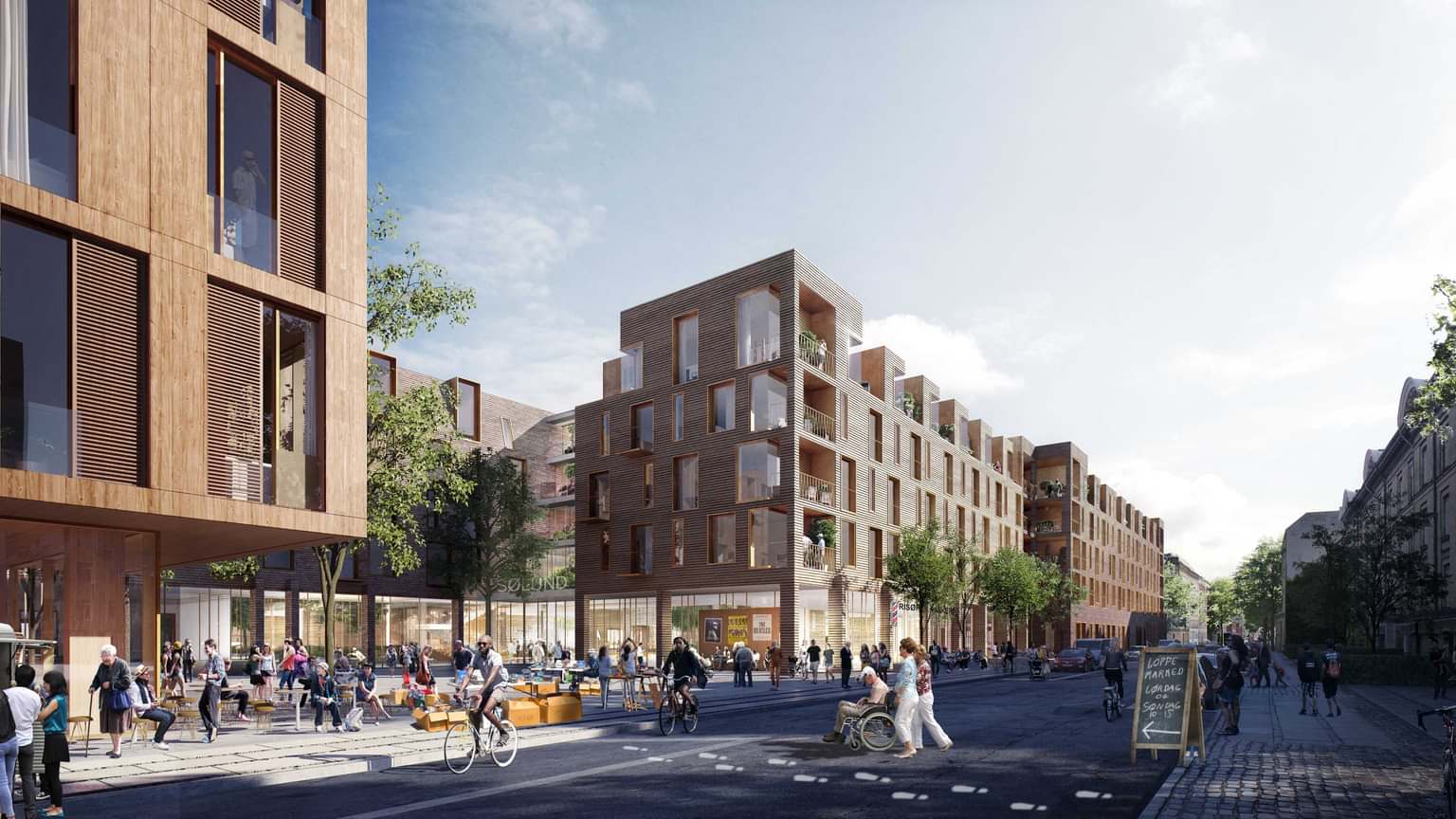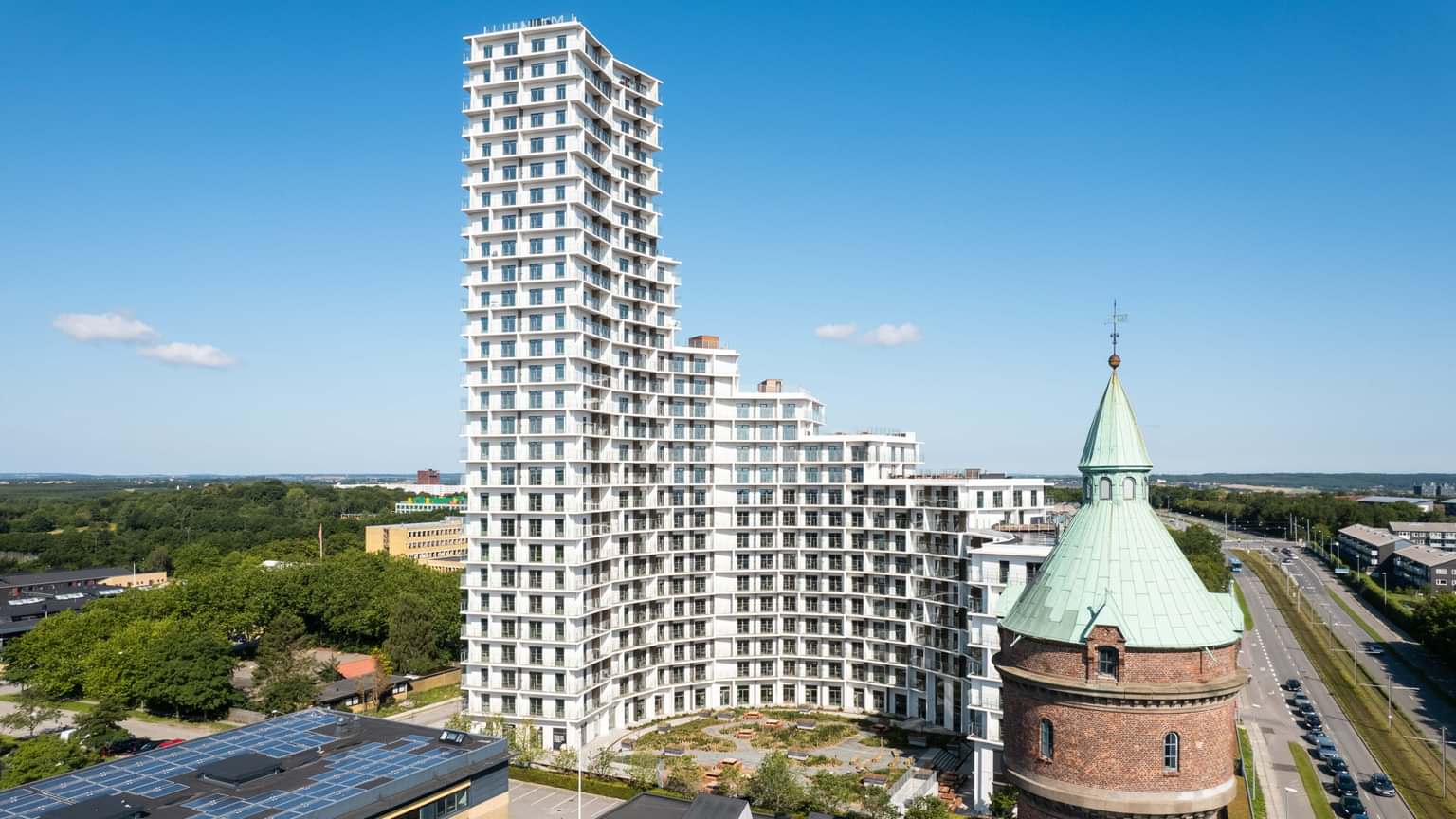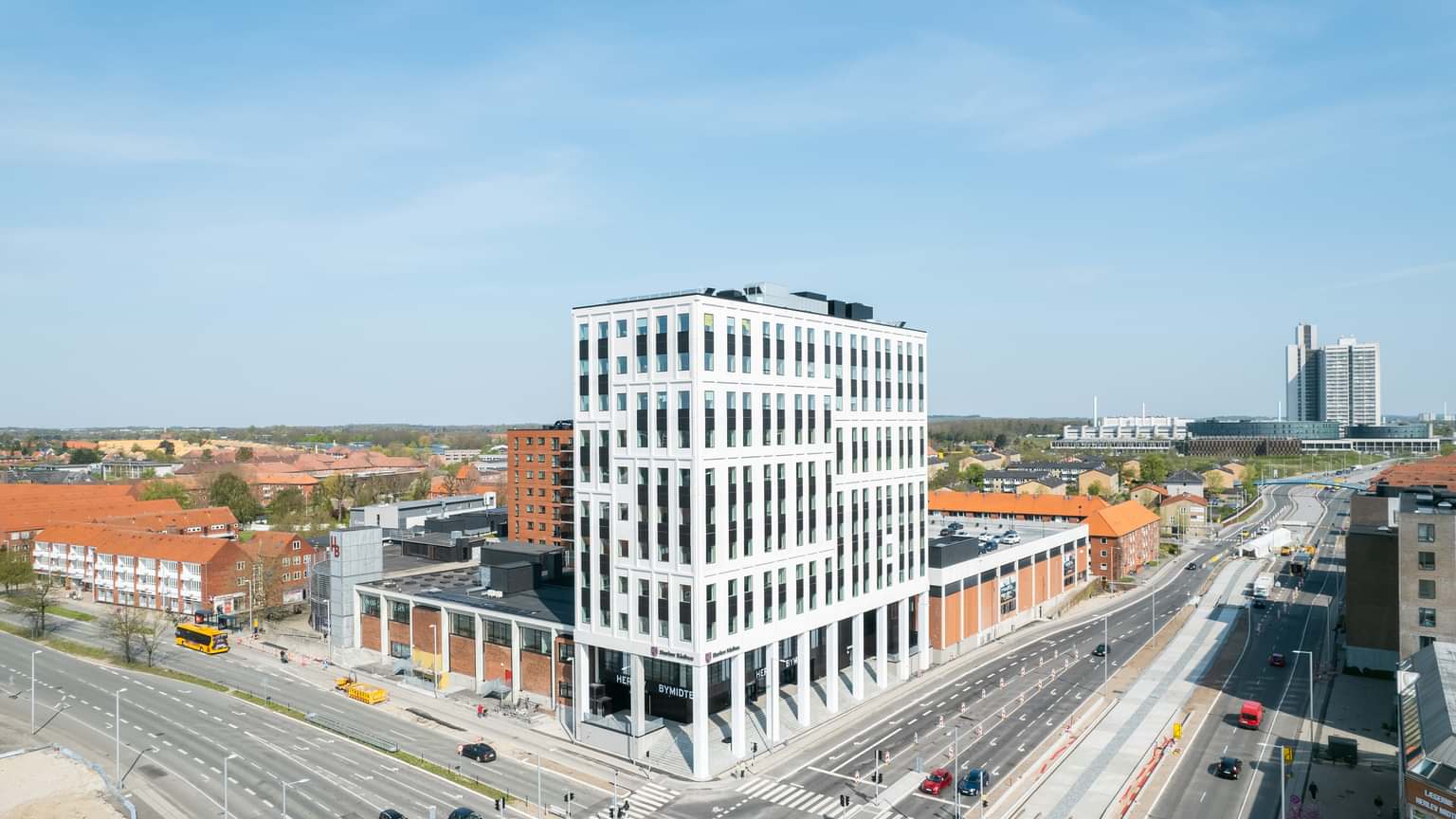New Project: How Construction Sites Save Man-Hours and Ensure Recycling of Building Materials
November 6, 2025

A new demonstration project shows that targeted technology and revised work processes can significantly reduce costs, improve the working environment, and ensure that more glass wool, flat glass, and plaster are recycled into new building products.
The construction industry accounts for 35% of all waste production in Denmark, but a recently completed demonstration project, The Circular Construction Site, points the way towards a more circular future. From January 2022 to September 2025, the project – funded by the Environmental Technology Development and Demonstration Programme (MUDP) – has developed and tested technologies across the construction industry's value chain that can make the recycling of building materials as attractive a business as using new raw materials.
Fewer Man-Hours and a Better Working Environment
One of the project's most remarkable outcomes is the development of a prototype for collecting glass wool during demolition.
- Time saving: The technology – a suction auger press – demonstrated the potential to reduce man-hour requirements by up to 85% compared to the manual handling of glass wool.
- Logistics: The number of containers required was reduced from 15 to just 1 for the same volume of material.
- Working environment: The suction system significantly improves the working environment by eliminating heavy lifting and reducing dust at the demolition site.
"The results are a game-changer. We've long known that recycling pays off, but now we have technology that makes it economically viable from the start. We can save time and money, while also taking a huge step forward in resource and environmental care," says Allan Nielsen from J. Jensen Nedrivning.
Quality Is the Key to Recycling
However, the project emphasises that technology alone is not enough. Even with the new technology, the collected materials were still too contaminated to meet the quality requirements of building product manufacturers during the testing phase.
This led to the development of a Circular Work Paradigm, which establishes standards and new incentives for how materials such as plaster, flat glass, and glass wool should be handled and sorted on site.
"Recycling begins with planning and a level of thoroughness equal to that of new construction. Our tests showed that even minor contamination can render materials unusable for manufacturers. Therefore, everyone in the value chain – from the developer to the builder – must view materials as resources, not waste," explains Mona Ammitzbøll Rasmussen from Saint-Gobain Danmark A/S.
Conclusion and Future Recommendations
The Circular Construction Site concludes that it is technically possible to ensure the material quality needed to close the loop. To realise this potential across the construction sector, the following recommendations are proposed:
- Regulation and Incentives: Authorities should ensure that recycling is economically more attractive than landfill, e.g. through differentiated taxation that rewards clean material fractions.
- Tender Requirements: Developers should establish specific requirements for documented recycling and integrate the circular work process as a contractual criterion.
- Standardisation: There is a need for enhanced standardisation and certification of recycled building materials to ensure quality and supply security for building product manufacturers.
FACTS ABOUT THE PROJECT
- Project name: The Circular Construction Site – Development of sorting and collection technology for demolition, renovation and new construction.
- Period: January 2022 – September 2025
- Funding: Partly financed by the Environmental Technology Development and Demonstration Programme (MUDP)
- Project partners:
- Norrecco A/S (Project Manager)
- ReTec Miljø ApS
- J. Jensen Nedrivning A/S
- Nordstern ApS
- Saint-Gobain Denmark A/S
- TRE Rådgivende Ingeniører ApS
- Focus materials: Glass wool (mineral wool), flat glass, and plaster
Partner Responsibilities:
- Norrecco A/S: Project manager responsible for resource processing and reprocessing of materials (gypsum, glass wool, flat glass).
- ReTec Miljø ApS: Technology developer and equipment supplier, including the development and construction of the screw press for glass wool.
- J. Jensen Nedrivning A/S: Execution partner for demolition, selective dismantling, logistics, and testing of new technologies and work processes.
- Nordstern ApS: Client/Construction Developer contributing expertise in economics, tendering, and implementation of circular processes on large sites.
- Saint-Gobain Denmark A/S: Building materials manufacturer responsible for testing recycled raw materials in new product production and setting quality standards.
- TRE Rådgivende Ingeniører ApS: Consultant responsible for developing the circular work process paradigm, quality standards, and data collection/documentation.
Contact for Further Information:
Maria Ekblad
Co-owner, TRE Consulting Engineers and Biologists
Phone: +45 41 53 03 08
Email: ekblad@tre-ing.dk


